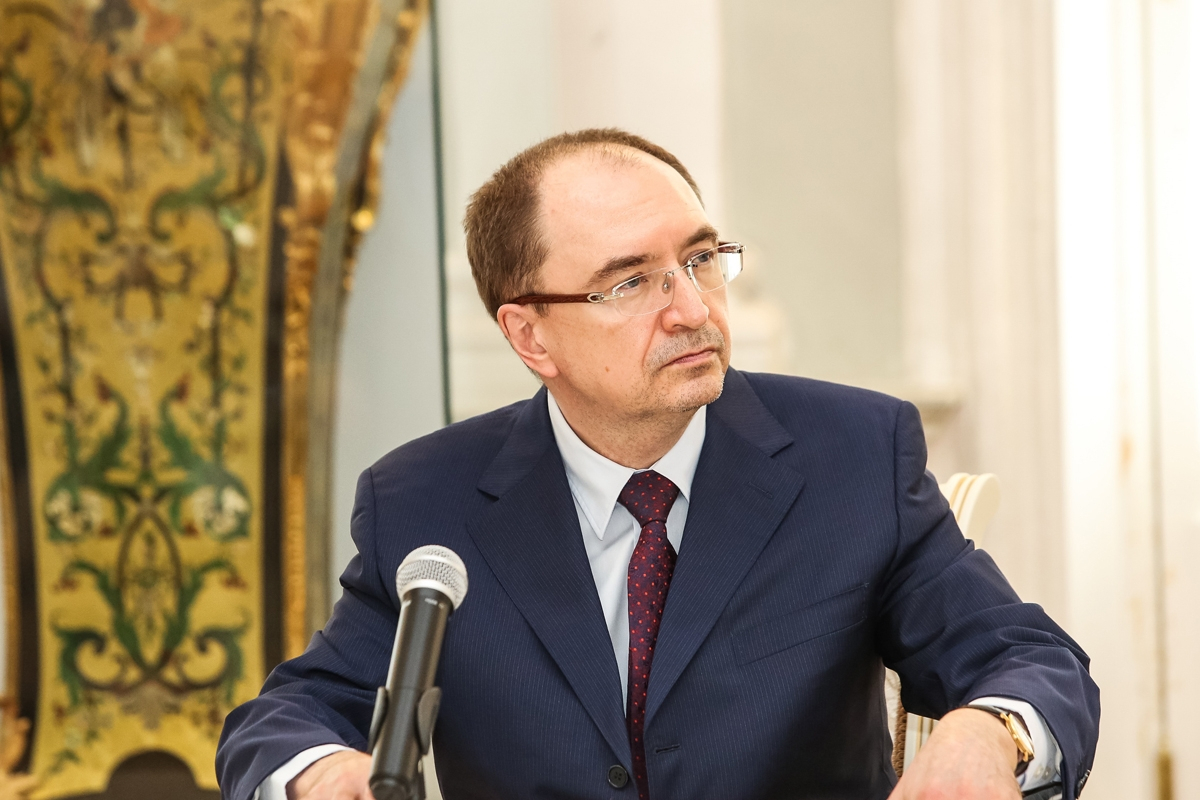TASS: University leaders believe that a new education system will allow universities to respond to employers’ needs

In his address to the Federal Assembly, President Vladimir Putin has proposed Russia returning to the traditional four-to six-year higher education system.
The Russian News Agency TASS asked the leadership of Russian universities to comment on the statement of President Vladimir Putin in his message to the Federal Assembly. The respondents noted that the return to the traditional system of higher education would enable universities to educate students taking into account the requests of employers.
On Tuesday, in his address to the Federal Assembly, Russian President Vladimir Putin proposed returning to the traditional system of higher education. A student will have to complete a four- to six-year study course to obtain a specialist degree. Vladimir Putin stressed that bachelor’s and master’s degrees obtained by university students under the current system will not be subject to revision. Moreover, students who are studying now will be able to continue their education in existing academic programmes.
Flexibility and gradual transition
‘First of all, regardless of their first degree, citizens will receive the right to study in a master’s programme. Universities will be able to develop their academic programmes taking into account the real needs of society and employers in order to produce graduates with in-demand skills and qualifications,’ said Nikolay Kropachev, Rector of St Petersburg University, answering the question about the advantages of the return to the traditional higher education system.
Changes in the system of levels of higher education have long been discussed. The transition to the new system will be gradual and flexible. So, there is no need to worry. Everyone will have time to make the necessary adjustments.
Professor Nikolay Kropachev, Rector of St Petersburg University
According to Professor Kropachev, much work is to be done to review and revise the legislative and regulatory framework, including the lists of areas of study and specialties, and the federal state educational standards of higher education.
Relationship between industry, science and education
Representatives of universities from different cities across Russia believe that the new education system will be adopted without difficulties, with a positive impact on the quality of education. Thus, Nadezhda Dubiv, Rector of Kurgan State University, said that Kurgan State University would be able to switch back to the traditional system seamlessly. Kurgan State University is currently offering specialist’s programmes in 25% of the areas of study.
Natalia Serditova, Vice-Rector for Educational Activities and Youth Policy of Tver State University, noted that the return to the traditional system will facilitate university-industry collaboration in terms of flexibility in academic programme development and the duration of studies for specialists in a given field. Andrei Falaleev, Rector of Vernadsky Crimean Federal University, recalled that in the USSR there was a strong relationship between industry, science and education, focused on the economic development. The return to the traditional system will uphold the technological and economic sovereignty of Russia.
Fundamental knowledge and new competences
According to the Rector of the Ural Federal University Victor Koksharov, construction of personalised learning pathways will remain an essential strategy in the new system of higher education. The traditions of Soviet education will be combined with the best practices of the last decades. ‘Thus, a modern specialist will acquire fundamental knowledge in the field, and will be able to continue education in a master’s, doctoral or clinical residency programme,’ Victor Koksharov underlined.
Vladimir Nechaev, Rector of Sevastopol State University, supported the idea of combining time-honoured traditions with new approaches. ‘The task set [by the President] will, indeed, initiate a synthesis of the best Soviet traditions and advances in education of the recent years. The Ministry of Science and Higher Education is working on the details of this new system, and we are ready to engage in its discussion and testing,’ Vladimir Nechaev said.
Professor Vladimir Bogatyrev, Rector of Samara University, emphasised that, under the new education system, the integration of basic IT modules in academic programmes should still remain on the list of priorities. Also, universities will need to foster students’ entrepreneurial skills so that graduates have the knowledge and practical experience required to implement start-up projects.

